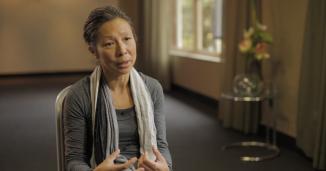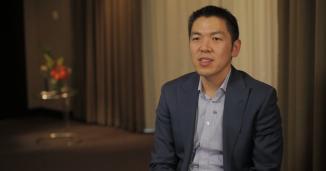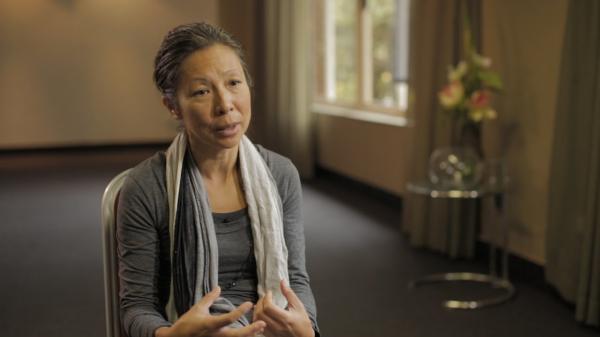Living with inflammatory arthritis
View transcript
Living With Inflammatory Arthritis
Wendy Favorito
Consumer Director Arthritis Australia
Chair, Arthritis Australia National Consumer Reference Group (rheumatoid arthritis)
I think there are lots of secrets to living with this disease. I think the first thing people need to know is that as an adult it’s not normal to have hot, swollen and stiff joints. And that would be the first that I would share with people is that if you do notice that there is something unusual about your joints – whether it be your fingers, your ankles, or your knees – that it’s a really good idea to talk to your GP. Don’t be shy to say, look I’m concerned about this. It might not be arthritis but if it is, it’s really critical to get a quick diagnosis and start on an effective treatment as soon as possible.
Matthew Leibowitz
Member
Arthritis Australia National Consumer Reference Group (Ankylosing spondylitis)
In terms of being diagnosed with AS, it obviously can be very confronting but it doesn’t need to be any more than that. You get diagnosed then you just have to put your foot forward and move in the right direction. You can sit on it, you can talk about it, but until you actually start doing the things that are necessary to make your life better, you are not literally moving forward. But you will get there; it’s tough and the first step is always the hardest. But use your resources, use your network, rely on family, empower yourself to make your life better and then you look back and go, “Oh okay, that was a pretty good thing I was diagnosed; I’m better for it.”
Suzie Edward May
Member, Arthritis Australia National Consumer Reference Group (rheumatoid arthritis)
Author of ‘Arthritis, pregnancy and the path to parenthood’
I think early in the journey when you first develop symptoms. I think it’s important to get the correct medical advice and treatment as quickly as possible. Because that will reduce the joint damage, which is irreversible. You can’t do anything to repair holes in joints. So getting onto treatment early and not delaying is really important, and that can be very scary to jump into that unknown and to start taking medication which has such a long list of side effects that it’s quite frightening. You almost just don’t want to read them because it’s very frightening. But the reality with this disease is that if you don’t treat it early, then you will end up with irreversible joint damage so you have to take it seriously; very, very quickly. Emotionally I think that part of the process takes longer and it is difficult – we’re asking people to put their faith in a rheumatologist, in a GP, in a medical team – really before they’ve got their head around what this means. We are asking people to say, “Yes, start taking this medication, start taking these drugs,” which have all sorts of side effects. But we’re saying you need to do this before you’ve even dealt with what this means emotionally. And that’s a really big leap but it’s important to take that leap and of course get help for your emotions and get help to deal with the grief and the sadness and the shock and the anxiety and all those emotions that come with it. But unfortunately with this disease, if you don’t treat it early you will end up with irreversible joint damage.














